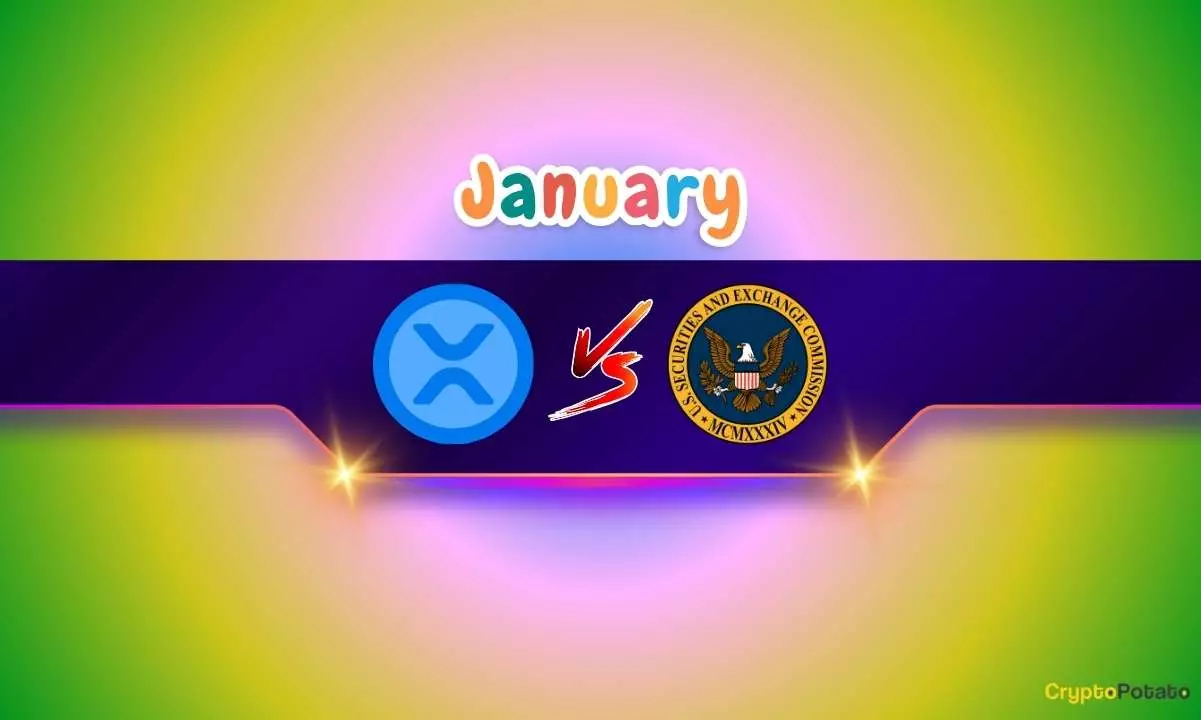The enduring legal battle between Ripple Labs and the U.S. Securities and Exchange Commission (SEC) has captured the attention of the cryptocurrency world since its inception in 2020. As both parties continue to navigate the intricacies of this case, recent developments could significantly influence the future landscape of cryptocurrency regulation in the United States. While Ripple has experienced some legal victories, the SEC’s persistent appeals and the involvement of industry advocates raise critical questions about the fate of Ripple’s XRP token and its status as a security.
Ripple’s legal troubles began when the SEC filed a lawsuit, alleging that the company had conducted unregistered securities offerings by selling XRP. The crux of the SEC’s argument rests on the assertion that XRP fits the definition of a security under U.S. law, notably established through the Howey test. Historically, the Howey test determines whether an asset qualifies as a security by examining investors’ expectations for profits generated by third-party efforts. As of now, multiple court rulings have favored Ripple, particularly a significant decision from Judge Torres in August 2023, which concluded that Ripple’s programmatic sales to retail clients did not constitute securities violations.
Despite these favorable outcomes for Ripple, the SEC is not backing down. In mid-January 2024, the regulator filed its first opening brief in its appeal against Judge Torres’ ruling, reiterating its position that XRP should be classified as a security. This strategic move indicates that the SEC remains adamant about its stance, even in the face of public and industry support for Ripple.
As the debate rages on, there is a notable split within the financial and crypto communities regarding the classification of XRP. The non-profit organization Better Markets recently aligned itself with the SEC, describing XRP as an investment contract security. Their brief emphasized that all sales of XRP, regardless of the venue, constitute securities transactions under the Howey test. This position is particularly interesting given the considerable backing Ripple has received from the crypto industry, which largely sees the SEC’s classification as an overreach that stifles innovation.
The divide in perspective demonstrates a broader tension in the regulatory landscape surrounding cryptocurrencies. Proponents of the industry argue that a more favorable regulatory framework could facilitate technological advancements and market growth, whereas opponents advocate for stricter regulations to protect investors. This interplay illustrates the challenges regulatory bodies face in a rapidly evolving market, where traditional securities definitions are being tested.
A noteworthy change in the SEC’s leadership has taken place following the resignation of Gary Gensler, who had been seen as a staunch adversary of the crypto sector. The appointment of Mark Uyeda, a figure regarded as more pro-crypto, has elicited speculation about how this shift might influence the SEC’s approach to Ripple’s case and broader crypto regulations. Experts, including attorney John Deaton, have suggested various outcomes stemming from this leadership change.
Deaton posits three possible scenarios: the SEC may persist with its appeal, resulting in prolonged litigation; alternatively, it could dismiss the appeal while requiring Ripple to pay the $125 million penalty imposed previously. This uncertainty leaves Ripple in a precarious position, continuing to navigate the turbulent waters of regulatory scrutiny while attempting to maintain its operational integrity and market presence.
As the legal proceedings unfold, the stakes are high not only for Ripple but for the entire cryptocurrency industry. A resolution to the lawsuit could set important precedents, shaping future regulations and influencing the status of other cryptocurrencies. More importantly, how the courts interpret the categorization of digital assets as securities may provide crucial guidance to regulators and innovators alike. The coming months will undoubtedly be pivotal in determining whether Ripple can ultimately prevail against the SEC or if the regulatory body will solidify its stance on the token’s classification as a security, thus reshaping the landscape of cryptocurrency regulations in the U.S.
The ongoing saga of Ripple and the SEC reflects the complexities and contradictions inherent in regulating a rapidly evolving digital economy. As key players and their strategies continue to evolve, the outcome of this case will resonate far beyond Ripple itself, potentially reshaping the future of cryptocurrencies and their legal classifications.


Leave a Reply